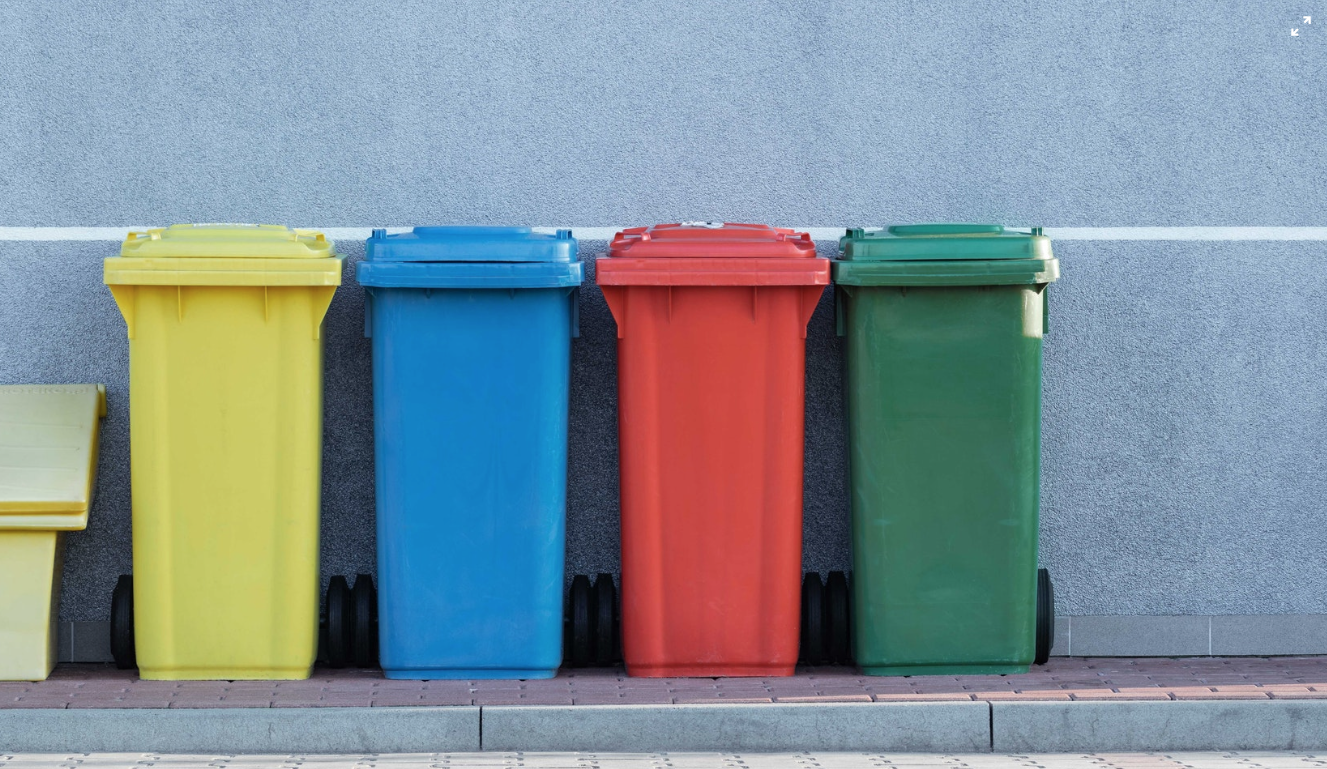UMW should encourage greener practices
3 min read
Pawel Czerwinski | Unsplash
By MACKENZIE HARD
Staff Writer
Over the past century, there has been an increasing effort among the general public to become more environmentally friendly and responsible – but this has really picked up momentum within the last decade. This momentum has also been felt here on campus.
Much of what the university can do to help this effort starts in our Residence Halls and classrooms. In Mason and Randolph Hall, a majority of the lights are connected to motion sensors and will turn on as residents are walking through the halls and stay off when there are no residents present. This is very helpful and can end up saving a lot of energy, while saving the university money on its electric bill. But to be even more environmentally friendly, the school should add more efficient lighting and encouraging more residents to turn off lights or fans before leaving for class. The school should also introduce rain barrels and solar panels for energy, and use reclaimed wood.
This is something that our campus would be successful in doing. We recycle, we have recently started cutting back on plastic straws, and there are several water bottle refill stations across campus. Virginia Tech has been able to lighten their environmental impact though setting recycling goals and being one of the most bicycle friendly universities in Virginia. Since 2012, Virginia Tech has been able reduce their trash by 103 tons. And their dining services was able to increase food waste composting by 43%. We should definitely be looking at how much trash we are producing throughout a school year.
Part of looking into how much trash is being produced, we could look into what is being done with that waste and what is happening with the extra food that is being made, but not eaten. Are we donating it or is it just being thrown away?
Currently, UMW has sixteen ways and suggestions for the university as a whole to follow when it comes to being sustainable. Some of suggestions listed on the UMW Sustainability website are “all university and department newsletters shall be distributed electronically” and “Faculty, staff, students, and administrators should make all reasonable efforts to reduce the number of paper copies being produced in printed publications or reducing pages in such publications.”
So if these are some university guidelines for us as students and faculty to follow, then why are there still fliers all over academic buildings and residence halls? Why are students asked to print out readings to bring to class or turn in printed copies of assignments?
Some of this might have to do with professors having a limited knowledge of how to work Canvas – especially for uploading readings or having a place for students to submit their work. As a student who wants to limit the amount of paper I use, it is very frustrating when professors request printed assignments and pages of readings just to bring to class. Instead, they should allow students to use their laptops in class, which some professors have strict rules against.
If we want to becoming more sustainable and responsible for the imprint that we are causing on our environment, we need to start looking at the big picture and educate simple steps we can take to prevent future environmental issues. Part of learning what this looks like is through new classes, and part of practicing these tasks is through implementing them. These classes could include how our carbon footprints affect the environment, what happens to materials after they are recycled, and looking into the environmental impact that the everyday actions of the university has on the environment.











